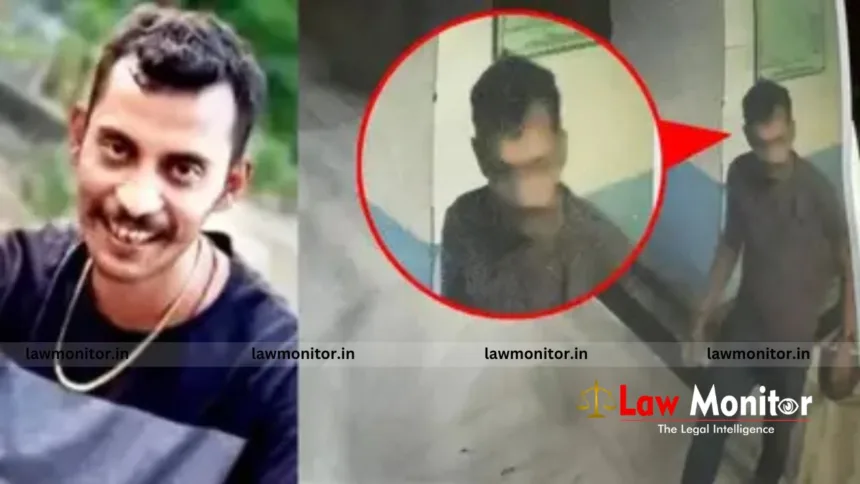Refusing to impose the death penalty and instead sentencing RG Kar rape and murder convict Sanjoy Roy to life imprisonment, Sessions Judge Anirban Das emphasized the court’s duty to decide cases based on merit, free from public pressure or emotional reactions.
The Court highlighted: The judiciary’s core responsibility is to uphold the rule of law and deliver justice grounded in evidence, not influenced by public opinion or emotions. It stressed the importance of objectivity and impartiality, noting that decisions must be based solely on facts presented during the trial. The court also pointed out the need to consider the rights of the accused and the wider implications of its rulings. In this case, there was no evidence of prior criminal behavior or misconduct by the convict.
“In the realm of modern justice, we must rise above the primitive instinct of “an eye for an eye” or “a tooth for a tooth” or “nail for a nail” or “a life for a life”. Our duty is not to match brutality with brutality, but to elevate humanity through wisdom, compassion and a deeper understanding of justice. The measure of a civilized society lies not in its ability to exact revenge, but in its capacity to reform, rehabilitate and ultimately to heal,” the Court stated.
The court referred to the Supreme Court’s landmark judgment in the Bachan Singh case, which set guidelines for imposing the death penalty. It noted that this case did not meet the strict criteria of being “rarest of the rare.”
Considering these factors, the court rejected the prosecution’s request for the death penalty. While acknowledging the deep grief and suffering of the victim’s family, it stressed that the sentence must be fair, proportionate, and consistent with legal principles.
The Court concluded that a balanced sentence is necessary—one that reflects the gravity of the crime while aligning with principles of justice, rehabilitation, and human dignity. It emphasized resisting public pressure or emotional appeals to uphold the legal system’s integrity and ensure justice is served.
West Bengal Government’s Appeal
The West Bengal government has since filed an appeal before the Calcutta High Court, demanding a death sentence for Sanjoy Roy.
Read Also: Supreme Court Criticizes Advocate for Addressing Court from a Car
Background
The incident, which occurred in August 2024, sparked nationwide outrage. The High Court had transferred the investigation to the CBI, which later filed its chargesheet before the sessions court. The case also reached the Supreme Court, which framed guidelines for workplace safety of doctors and monitored the investigation.
Protests erupted across Kolkata and the country, demanding justice for the victim. The Calcutta High Court transferred the investigation to the CBI after public outcry, replacing the West Bengal CID, which had initially arrested Sanjoy Roy.
Several related cases were filed, including those against the former principal Sandip Ghosh and the Officer-in-Charge (OC) of the local police station. The OC had initially registered the case as one of “unnatural death,” allegedly colluding with the principal. Both were granted bail as the CBI failed to file timely chargesheets against them.
Ultimately, Sanjoy Roy remained the sole accused in the case, as chargesheets were filed against him by the CBI.




Anything.